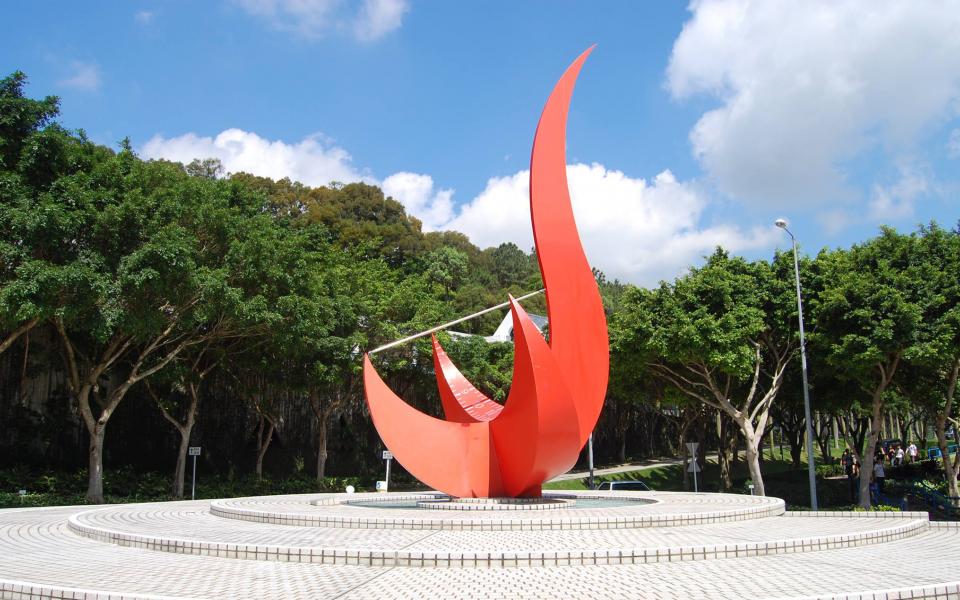Abstract
The global demand for data storage and processing has increased exponentially in recent decades. To respond to this demand, research efforts have been devoted to the development of non-volatile memory and neuro-inspired computing technologies for substantial improvements in computing and power efficiency. Non-volatile memory devices combine the advantages of non-volatility and fast operation speed, thus making the distinction between data storage and memory obsolete. Brain-inspired computing unifies computing with storage in a single cell, marking a shift to non-von Neumann computing architectures. Phase-change materials (PCMs) are leading candidates for such applications [1, 2], and have become technologically mature with recently released competitive products, i.e. Intel Optane memory. In this talk, I will focus on the mechanisms of the crystallization dynamics of PCMs by discussing structural and kinetic experiments, as well as ab initio atomistic modelling and calculations. Based on the knowledge gained at the atomistic level, potential routes to improve the crucial parameters, such as switching speed, power consumption as well as cycling endurance of phase-change devices for universal memory and neuro-inspired computing are depicted by ab initio materials design [3, 4].
References
[1] W. Zhang, et al. "Designing crystallization in phase-change materials for universal memory and neuro-inspired computing." Nat. Rev. Mater. 4, 150-168 (2019).
[2] W. Zhang & E. Ma, Phase-change memory: Single-element glass to record data. Nat. Mater. 17, 654-655 (2018).
[3] W. Zhang, et al. Role of vacancies in metal-insulator transitions of crystalline phase-change materials. Nat. Mater. 11, 952-956 (2012).
[4] F. Rao, W. Zhang, E. Ma, et al. Reducing the stochasticity of crystal nucleation to enable subnanosecond memory writing. Science 358, 1423-1427 (2017)
Biography
Wei Zhang is a Professor and Dean Assistant in the School of Materials Science and Engineering at Xi’an Jiaotong University. Zhang obtained his bachelor and master degree in Department of Physics at Zhejiang University in 2008 and 2010. Since 2011, he carried out his research on materials physics in Department of Physics at RWTH Aachen University, Germany. In 2014, Zhang was awarded the highest honor for PhD degree in Germany “Summa Cum Laude”. After one-year postdoctoral research in Aachen, Zhang moved back to Xi’an in May 2015. At Xi’an Jiaotong University, Zhang is supported by university’s Young Talent Support Plan and the Youth Thousand Talents Program of China. Zhang focuses on electronic materials research, in particular, he has made important contributions to the atomic-level understanding of phase-change materials for memory applications. So far, Zhang has published near 40 academic papers in this area, and has organized two Sino-Germany bilateral symposia on electronic and memory materials.
